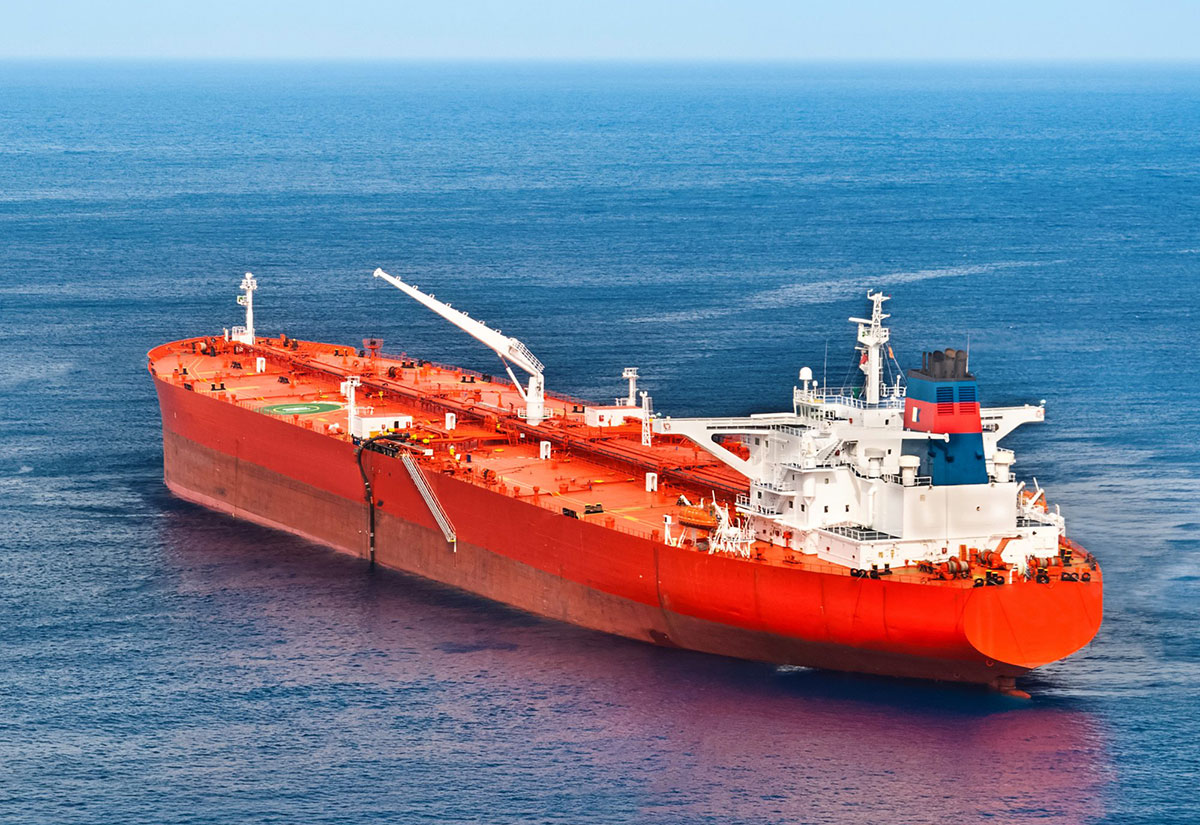Sitting down with one of the UAE’s top bankers is a great opportunity to ask those questions which have been buzzing about my head but haven’t had a chance to get answers to.
How has 2019 been? “Pretty good”. Does the fluctuations in oil prices really impact the real economy and the man on the street? “It has a lag effect”. Are you cutting costs? “This is not a market where growth is coming very easy”. Are bank mergers in the region a good idea? “I think that’s the way forward”. Where should I put my money? “Equities do offer reasonable returns”. And, finally, is the trade war between the United States and China having any real impact on the Middle East?
“Not really, because it’s not a huge manufacturing base,” Standard Chartered’s Sunil Kaushal says straight away, before having a rethink. “But, it impacts the public markets, it impacts investor sentiment. So, in that sense, it has an impact on the region.”
While Kaushal doesn’t see the tariff trade war between the superpowers having a major impact on this region, a very interesting story emerged recently which shows that the tensions between Beijing and Washington are being played out right off the coast of the United Arab Emirates and another of Trump’s major adversaries is right in the middle of it all – Iran.
Going dark
The New York Times recounted a strange phenomenon where an empty Chinese oil tanker recently entered the Gulf of Oman, rounded the Strait of Hormuz and then disappeared off the grid. A few days later, the same vessel appeared back on the grid, but this time it was lying lower in the sea, presumably full of oil, and was travelling out of the Strait of Hormuz and headed back to China.
The assumption is that the captain of the tanker had switched off his vessel’s signalling, which is required under international rules, as it did not want it to be known that it was collecting Iranian fuel, which is banned as part of global sanctions in place by US President Donald Trump since November.
Let’s hope Trump and China can work out their differences and those tankers in the Gulf of Oman stop ‘disappearing’
“It is a large scale phenomenon for Iranian exports… Most of the exports are done on the dark side,” says Dubai-based Giorgos Beleris, oil research manager for the Middle East and North Africa at Refinitiv, which monitors the movement of oil tankers around the world.
Stockholm-based Samir Madani, co-founder of TankerTrackers.com, a company which uses satellite imagery to track tankers around the globe, says the trend for tankers going off grid was “the rule rather than the exception” when it comes to Iranian oil exports. He says that their records show that the tankers also often reappear in the Suez Canal, shipping Iranian oil to Syria.
In May, Reuters reported that a tanker carrying Iranian oil had unloaded its cargo at a Chinese port, violating US sanctions.
Late last month, Brian Hook, the US special envoy for Iran, told reporters in London that Washington would sanction any country that imports Iranian oil. However, speaking in Vienna earlier this month, a Chinese official was described as ‘guarded’ when asked by Reuters if the country was buying Iranian oil.
“We reject the unilateral imposition of sanctions and for us energy security is important,” Fu Cong, director general of the Department of Arms Control of the Chinese Foreign Ministry told reporters.
“We do not accept this zero policy of the United States,” he said when asked if China would buy Iranian oil.
Battle lines
So it would seem that some of Trump’s biggest adversaries – China, Iran and Syria – have teamed up to flout his demands and benefit their mutual energy and economic needs, with the battle being played out right off the UAE’s coastline.
While Kaushal says 2019 has been a good year so far, should things get tense over the Strait of Hormuz, it could impact how the rest of the year goes.
“The geopolitics in the region have been tough… While it is still early days, it cannot be positive in any form. Even if the oil prices go up, the uncertainty really dampens investment flows. We are hoping it can get resolved as there are huge opportunities in the region in terms of investment in the core sectors… But, if the geopolitical situation persists, it will have an effect on sentiment,” he says.
Let’s hope Trump and China can work out their differences and those tankers in the Gulf of Oman stop ‘disappearing’.
 Shane McGinley, Editorial Director, Arabian Business
Shane McGinley, Editorial Director, Arabian Business








